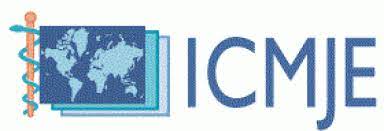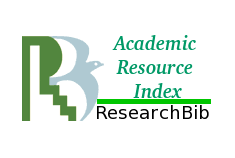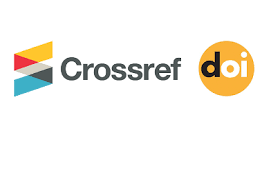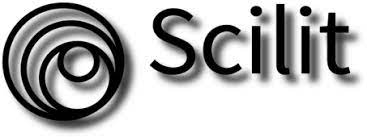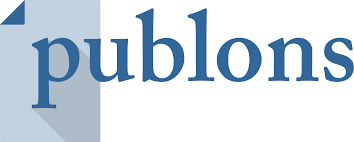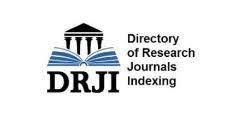- Home
- Open Access
Open Access
Open Access Policy
Copyright and Licensing: All articles published in our journals have Creative Commons 4.0 CC-BY license. With this license readers can share, distribute, download, even commercially, as long as the original source is properly cited.
Corpus Publishers is an open access journal publishers works with an intention to make scientific advancements through research more publicized by involving scientific communities, academic groups, research scholars, librarians and funders keeping in view open access as base for the need of society.
Our working is integrated with society partners to ensure open access policies to meet the needs of individual especially relevant to scientific aspects by placing ourselves as an independent valuer. In general, open access stands for the free and permanent access to published research, combined with clear guidelines for readers to share and use the content.
Why Open Access?
To create scientific research innovations more accelerating and carve a suitable niche for the upcoming students, researchers, clinicians, patients, policy makers, and journalists at an international level to join hands together for global scientific enhancement by maximal using electronic mode by getting things faster and closer. In this network under developed, developing and unanimously developed countries can also take advantage of this strategy and get the breakthrough of restricted access mostly followed traditionally. Finally, to make scientific research more Research oriented developing a digital environment.
Open Access Journals
1. Publication is based exclusively on-line and uses a funding model that does not charge readers or their institutions to access.
2. Follows Peer reviewing methodology.
3. Copyright retained by authors.
4. Publishing house are mostly non-profit making ones.
Publication Policies
Access Options and Publishing models
Open access Journal Comprises of articles involving adjustment in article publishing charges based on the parameters such as impact factor, article subject content, journal standard, editorial processing and technical issues related to it. Articles publication is subsidized by payments that are made by authors or their institutions or funding bodies, and that are allowed free to readers or viewers. (Here referred as "open access articles").
Subscription Articles includes those articles whose publication is subsidized by payments that are made by subscribing individuals or institutions, and that are free to authors called as Subscription Articles.
We do not follow double dipping policy i.e. is not charging subscribers for open access articles and when calculating subscription prices to only taken into account for subscription articles.
Article Posting Policy and Ethics
Posting Policy
Follows generally three stages-
a. Raw Pre-data Manuscript: An author's own document or data submitted based on the investigations or research findings that has not been processed by any peer reviewers nor had any possible worth added to it by a publisher which includes formatting, copy editing, technical enhancement etc. of its kind
b. Post-print Manuscript: A post-print is any version of an article which has been approved by peer review but not copy-edited. In scientific content, it is identical to the published version of the article.
c. Open Publisher's version (OPV): Called as the "open publisher's version" mostly in PDF format the published version of the article usually includes additional changes made by the journal's editorial staff after acceptance of the author's final manuscript.
corpus Publisher is quite lenient with respect to authors and electronic raw Pre-data Manuscript. So, an author has the right to use the same for personal use, interior institutional use and for allowed academic posting.
corpus guarantees each OPV credibility, we work with others (e.g. national libraries) to protect them for posterity and in perpetuity, and we contribute to drive their use. We as Publishers contribute considerable time, money and assets to create, keep up and develop both journals not orieties and the publishing process. The circulation of OPV is along these lines likewise subject to strict guidelines so that journals capability to recover the speculations needed to make them is not compromised.
Ethics
Access Options and Publishing models
To follow professional ethics codes, such as multiple submission, false claims of authorship, plagiarism, fraudulent use of data, or the like we have got Cross Check Team (CCT) who take care to verify the originality of published works using software tools to avoid publishing hazards in the form of Legal limitations upon the publisher, copyright holder or author(s), article retraction, article removal or article replacement in relations especially based on false medical or inaccurate data relating to health risk.
Special issues
Access Options and Publishing models
Special issues are published as part of the journals announced publication schedule, and production costs are covered by the journals budget. There is therefore no additional charge made to the users for publication of these issues; this is different for supplements, with which special issues are often confused. It is required that guest editors agree to a time schedule and inform contributing authors of the deadlines for submitting and revising manuscripts. Deadlines should be strictly adhered to, especially at revision stage.



